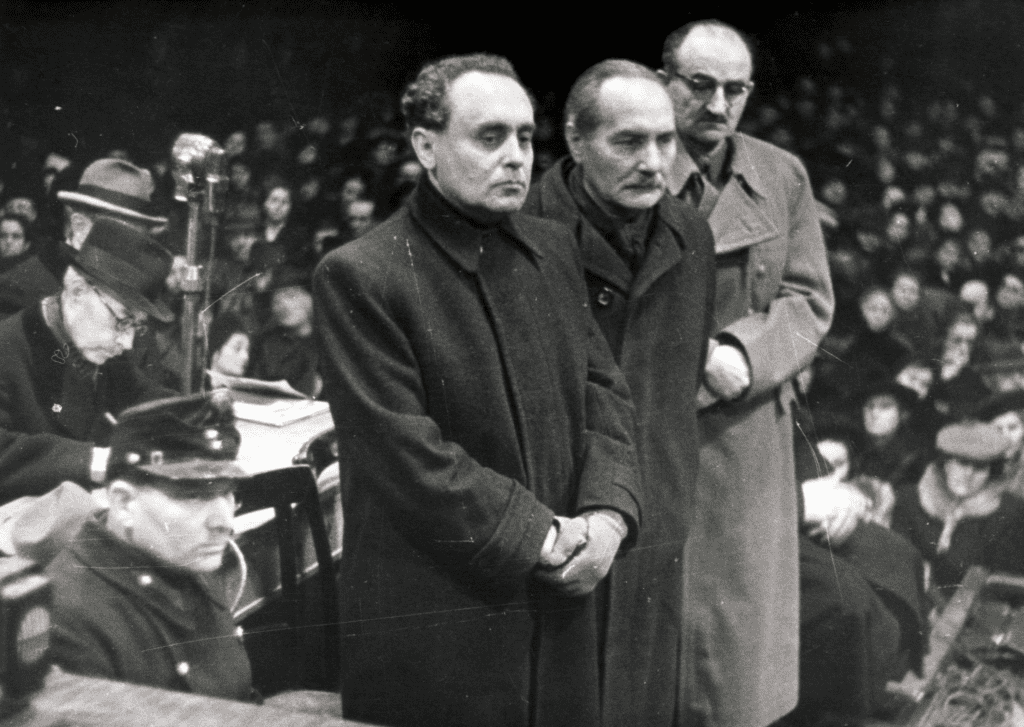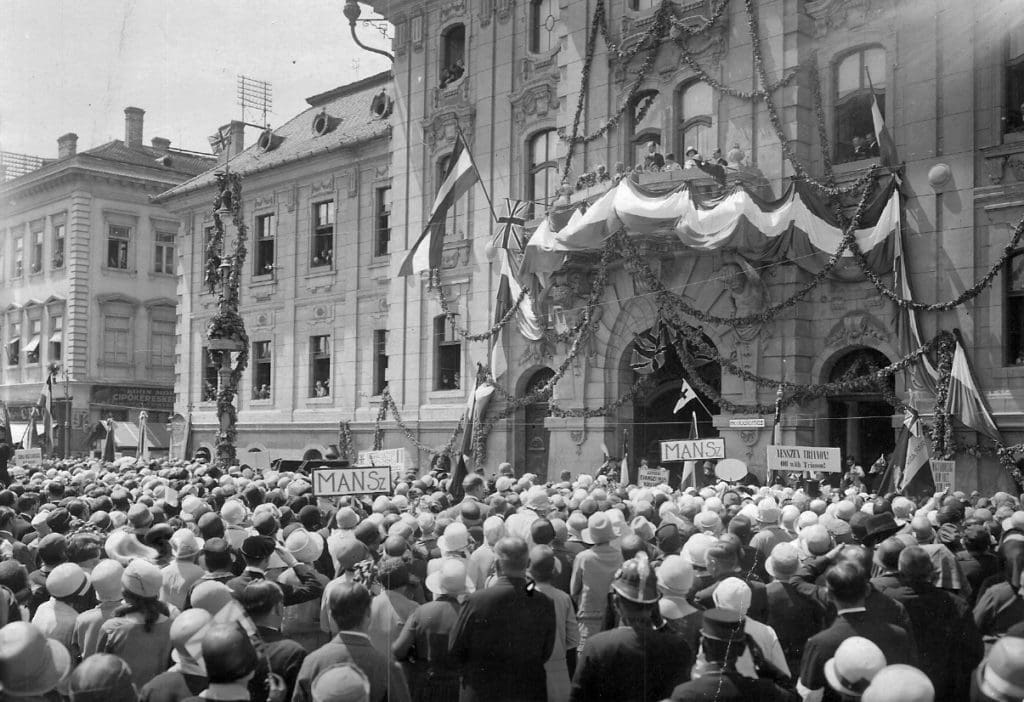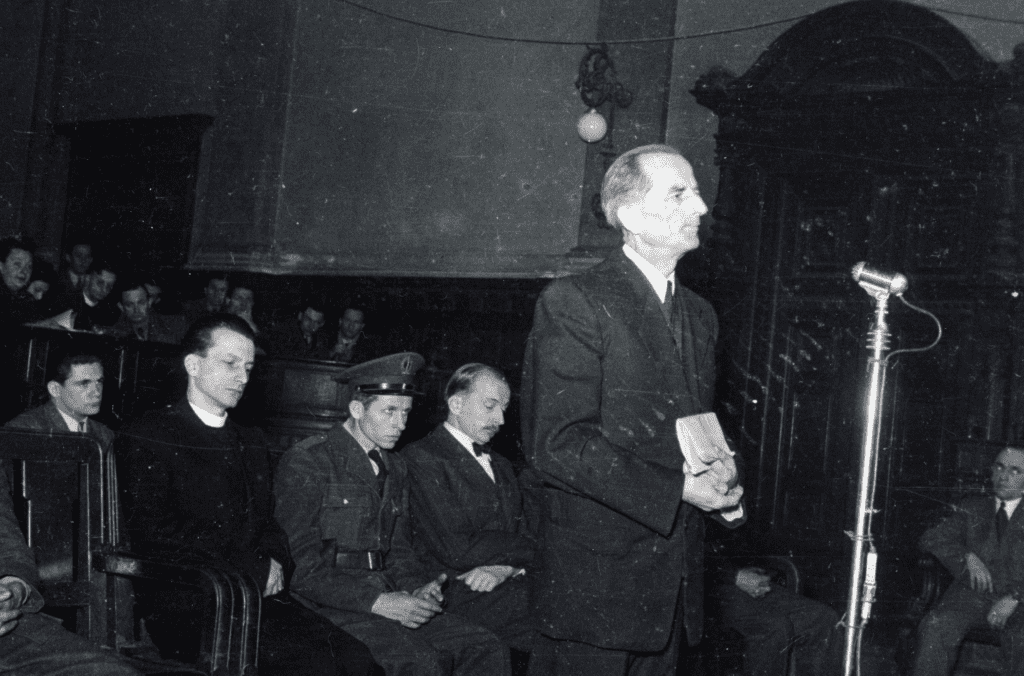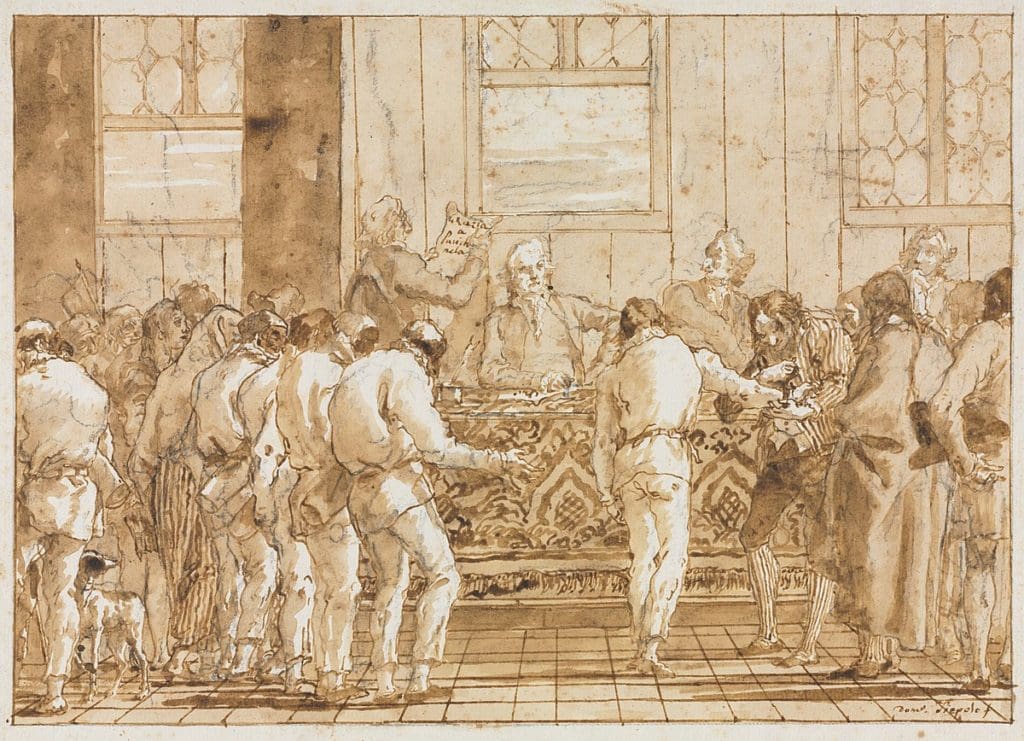




The Sovietisation of Hungary demanded the discrediting of all liberal, democratic and capitalistic traditions as undesirable, and therefore a “straight line” had to be drawn from the white counter-revolution of 1919 to the 1944 October Arrow-Cross takeover.

‘We try and keep the illusion awake in ourselves that we can cross to Nagyvárad or drop by to Nagyszalonta and then run from Makó to Arad, as it used to be—so natural, so self-evident. And then all of a sudden, we realise it is no longer possible.’

Should we believe the court documents of a case where the prosecuted people did not deny their crimes at all, but where falsified documents have also been used? Can a trial be labelled only “partially corrupt”? Doesn’t this destroys faith in the entire process and in the People’s Tribunal justice?

Find out more about the story that highlighted the unreliable nature of People’s Court documents and the necessity of judging each case according to the peculiarities of the story in question.

How was it possible for the situation of Jews in the Western world to deteriorate to such an extent that one Jewish media outlet senses a return to the anti-Semitism of the 1930s? And what has been the reaction of the international left?